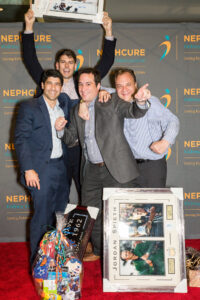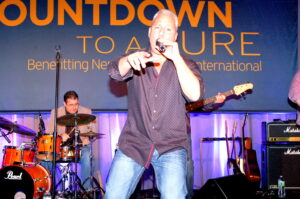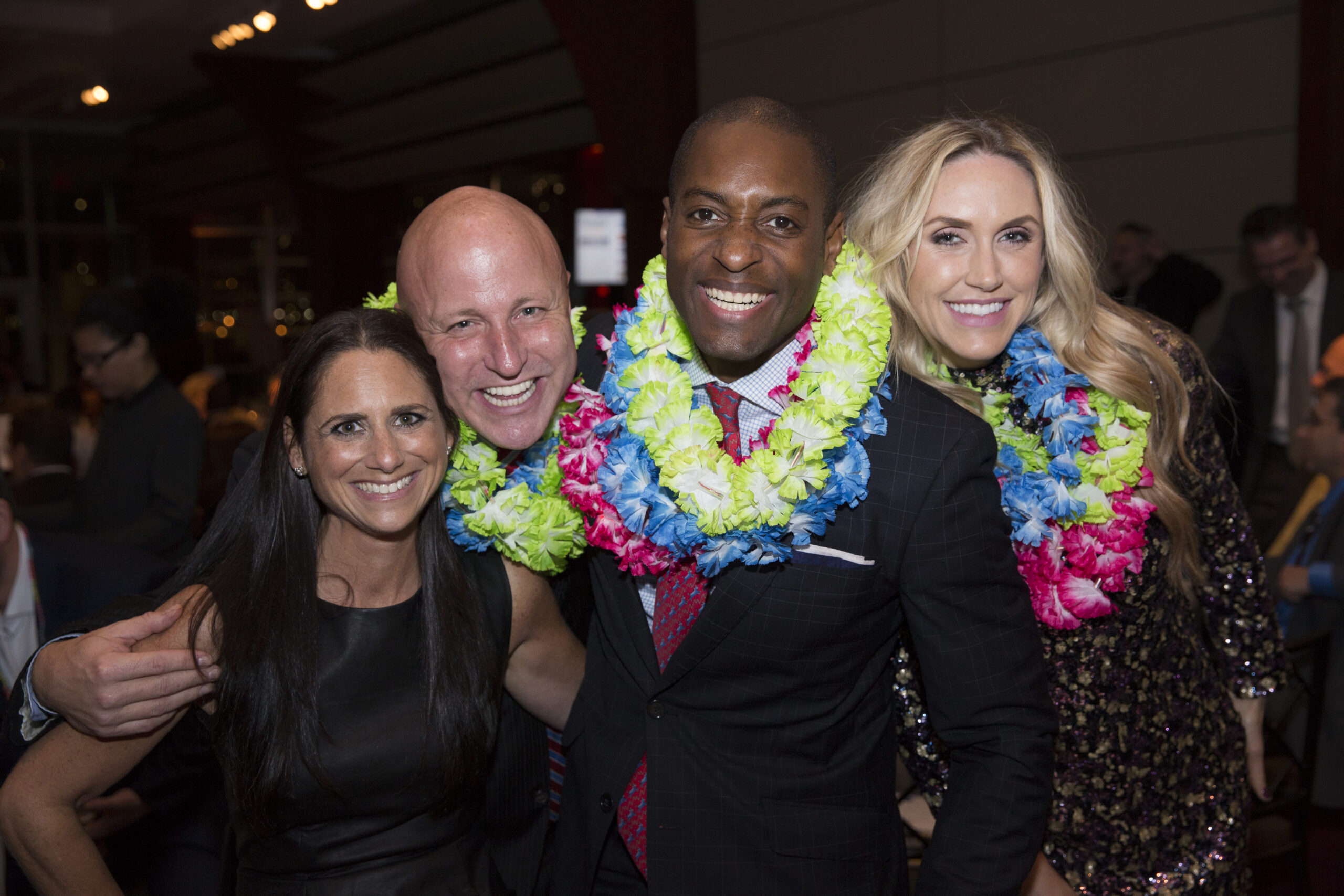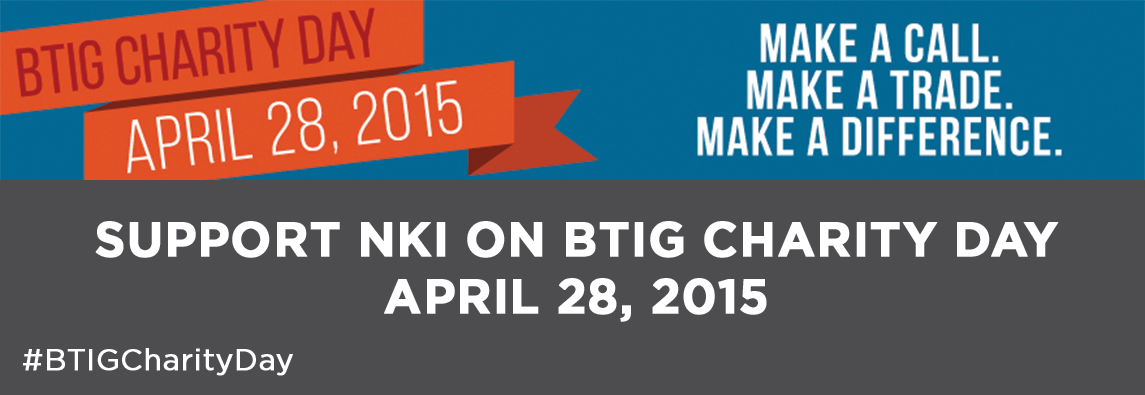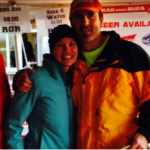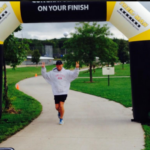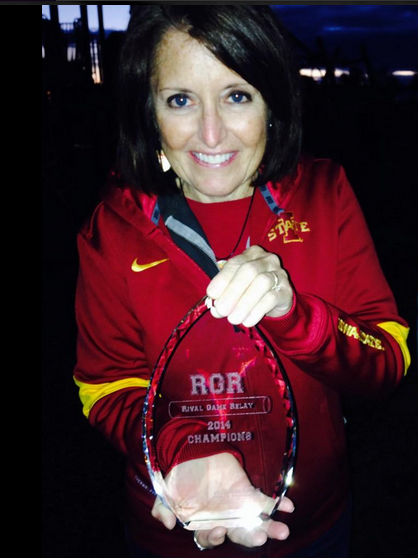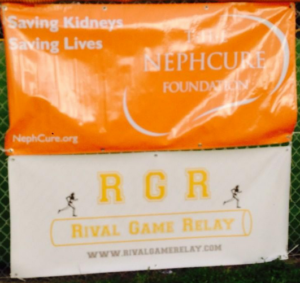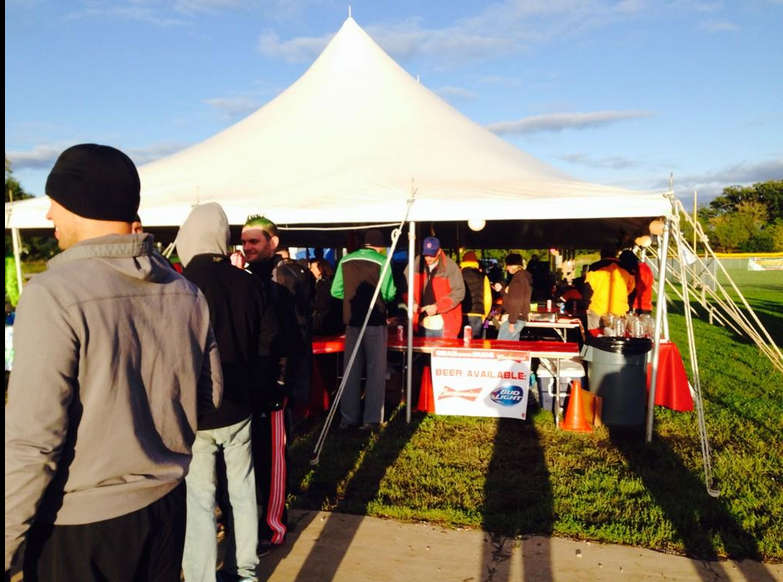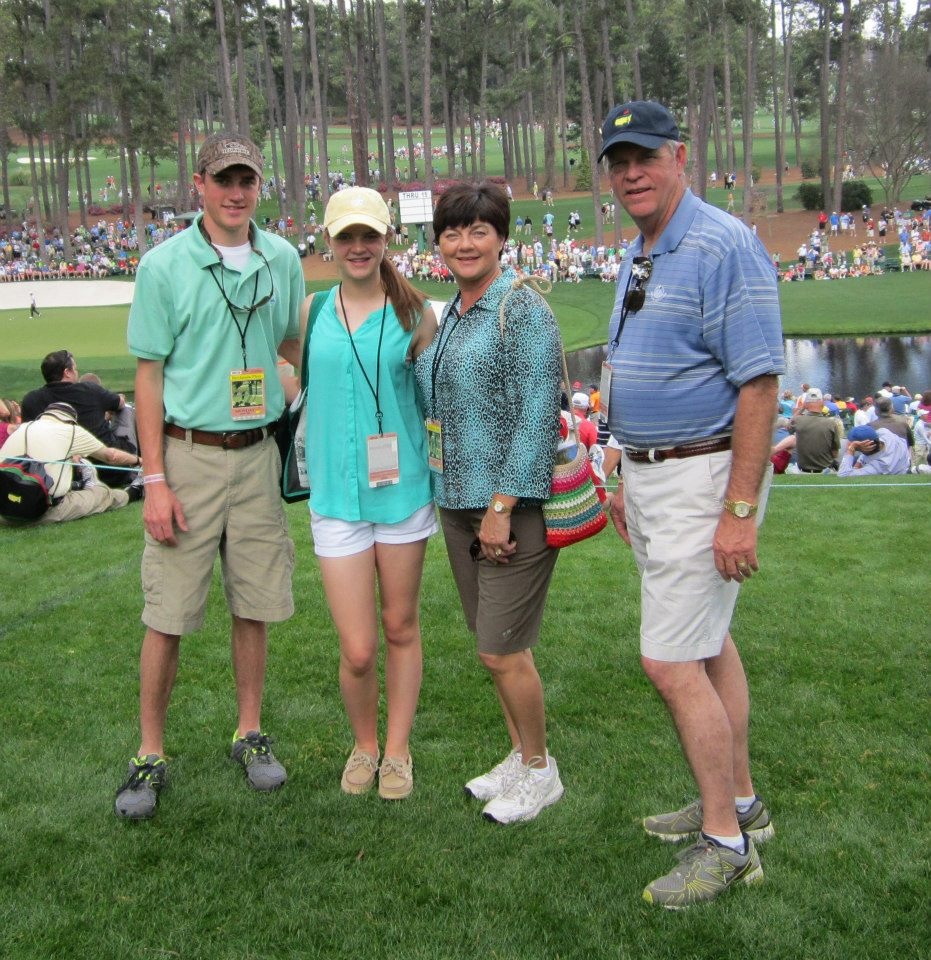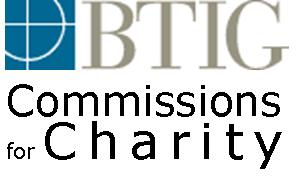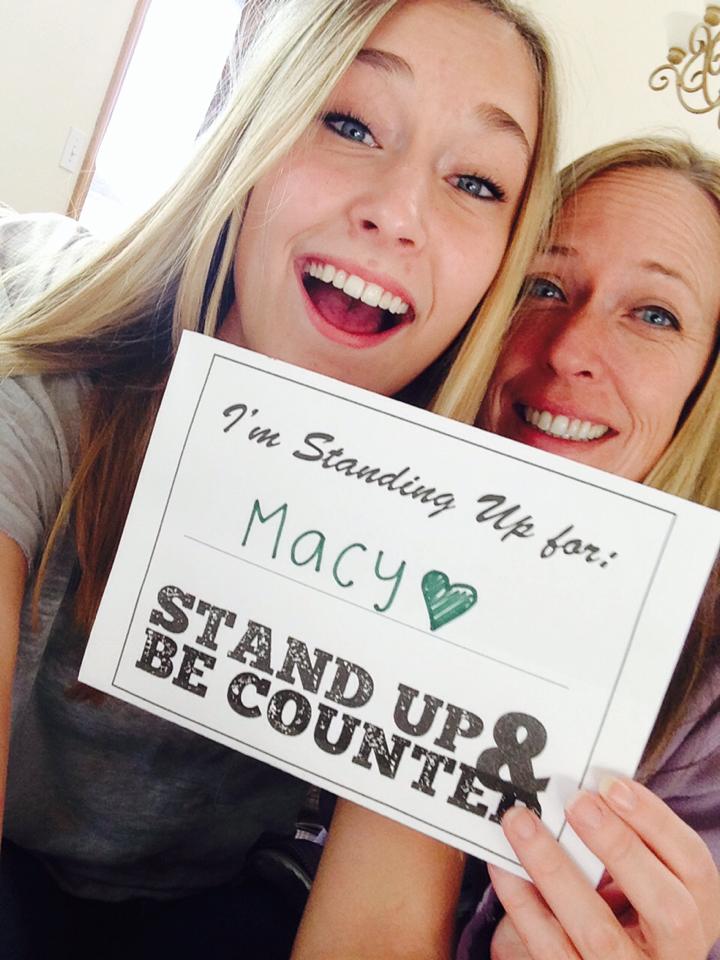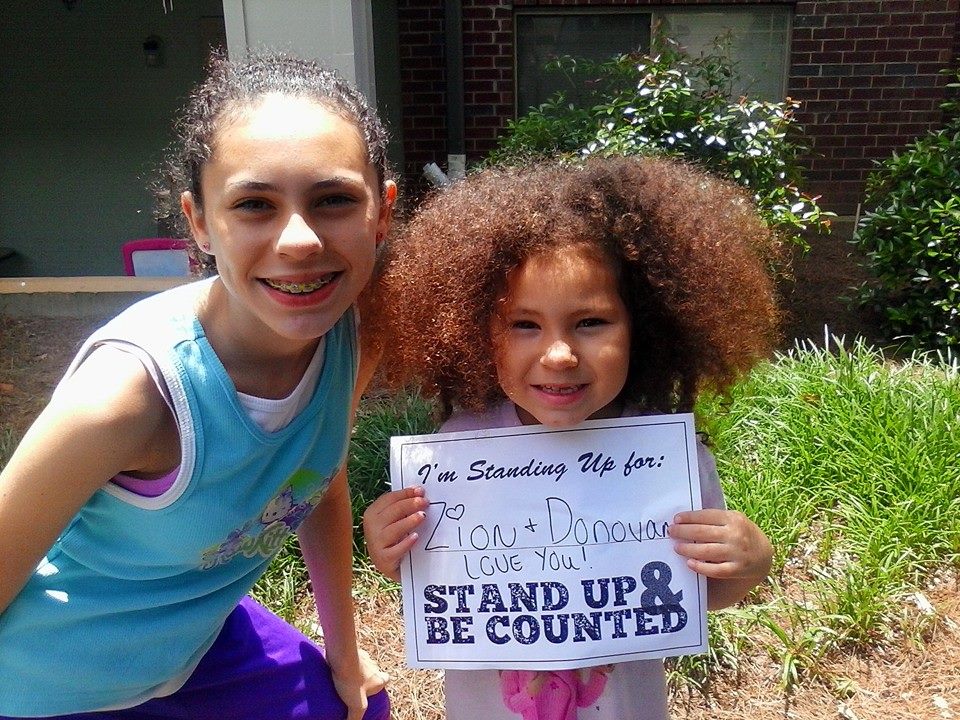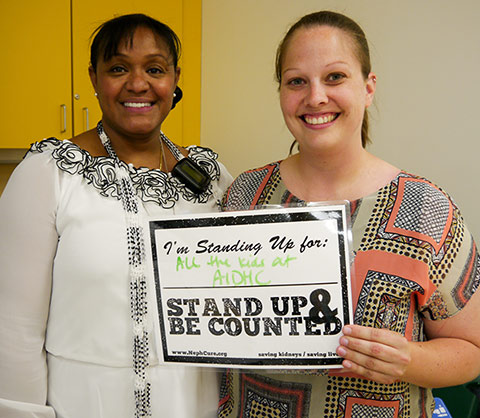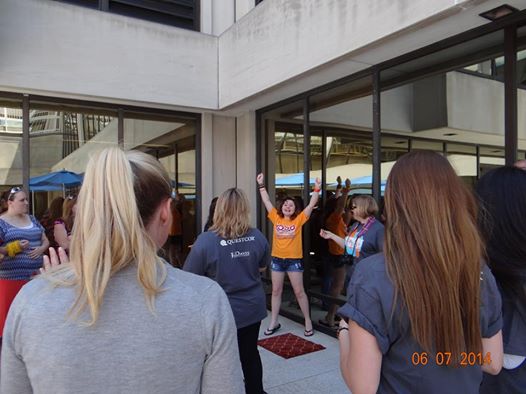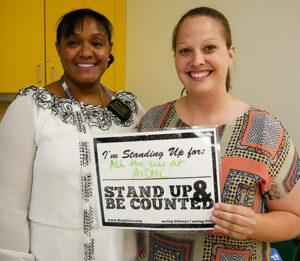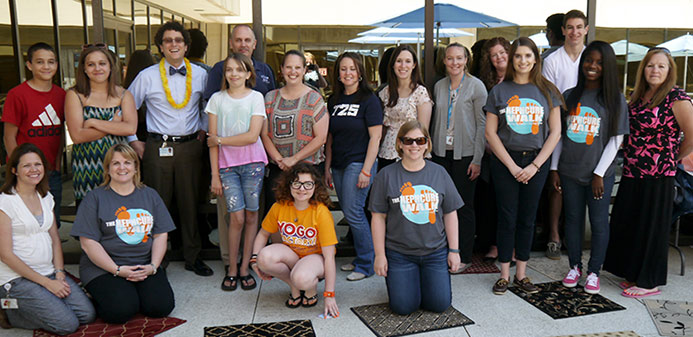Be an advocate now! Meet with your legislators locally during the upcoming congressional recess to educate them about Nephrotic Syndrome and FSGS and to ask for their assistance with key legislative and policy issues.
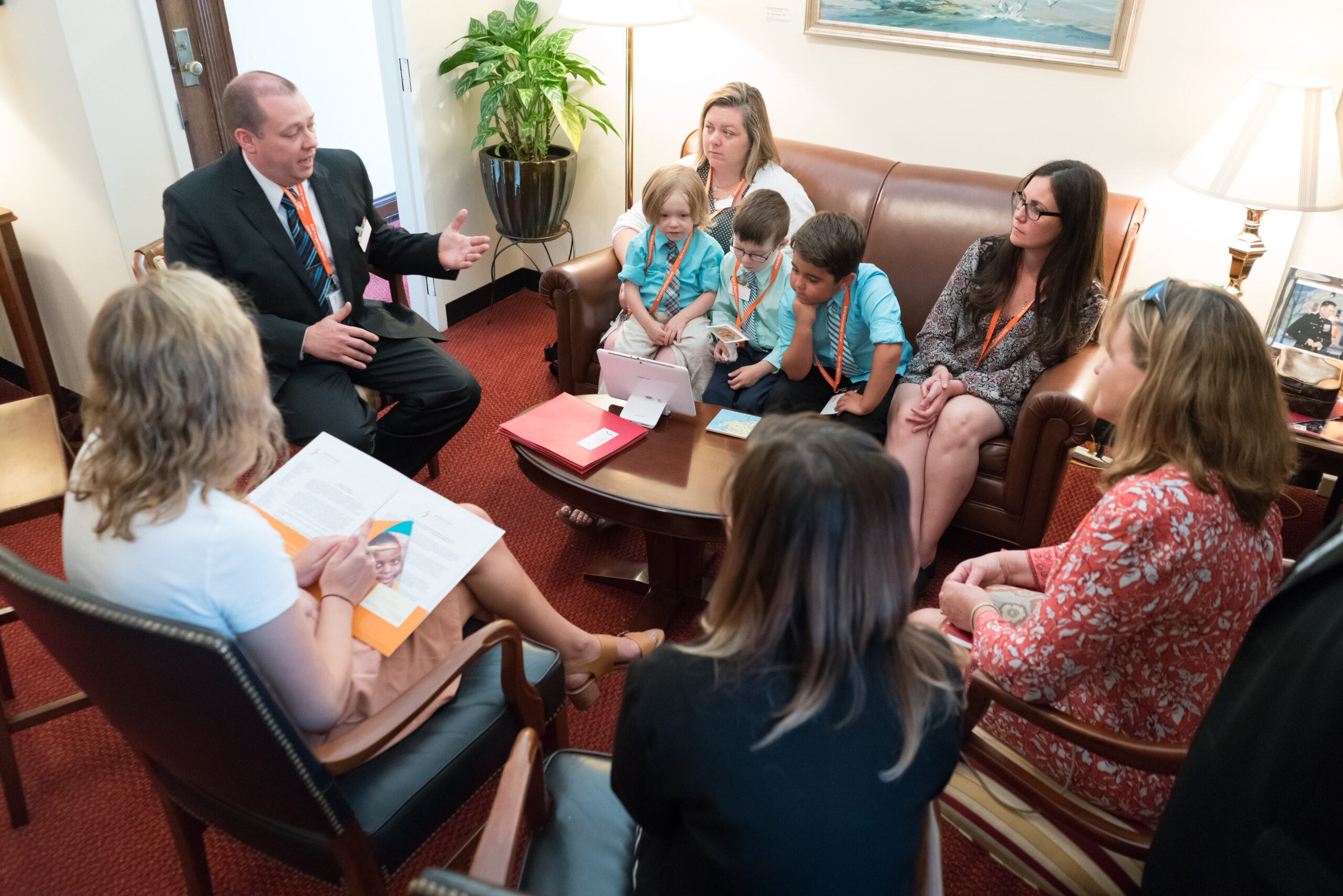 Background
Background
Members of Congress will be in their districts throughout the month of August. Legislators use this time away from Capitol Hill to meet with their constituents in their local offices and learn about the issues impacting the people they represent. Advocates for NephCure Kidney International can use this opportunity to schedule meetings with the local offices of their members of Congress to educate legislators about Nephrotic Syndrome and FSGS and how they can assist and support affected individuals. You do not need to be an expert in government to be effective, you just need to be willing to tell your story. NephCure will assist you with the rest. Taking action is easy:
- Inform NephCure of your interest in making a local congressional visit by emailing cfix@nephcure.org. NephCure can help you locate the contact information for the local congressional office near you and assist you with scheduling a meeting.
- Consider making a local visit as a group, with other patient families from your area or with your friends, family, colleagues, or neighbors.
- Review NephCure’s legislative agenda, and ask us any questions you have about the issues by emailing cfix@nephcure.org.
- Meet with the local office, tell your story, ask them for their assistance on key issues, provide them with the leave behind materials, and then report back to NephCure by completing this evaluation form.
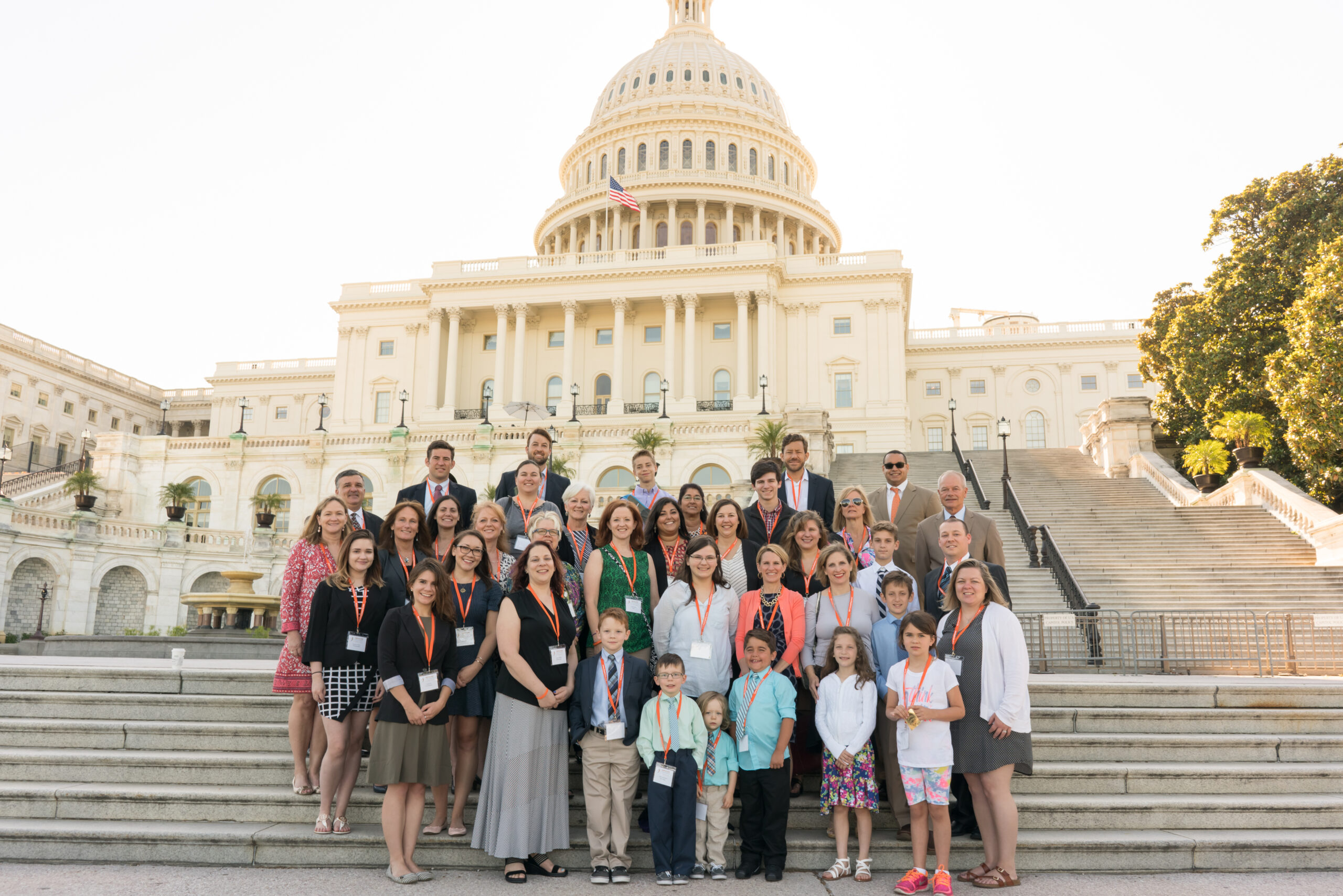 About the Issues
About the Issues
Each year, NephCure outlines a federal advocacy agenda that is focused on advancing medical research, facilitating treatment development, and improving healthcare. This year, NephCure has outlined the following issues as part of our legislative agenda:
- Provide $38.1 billion in fiscal year 2019, a $2 billion increase
- Provide a proportional increase for the National Institute of Diabetes and Digestive and Kidney Diseases (NIDDK), the branch of the NIH that would most directly support NS and FSGS research.
- Provide a proportional increase for the National Institute of Minority Health and Health Disparities (NIMHD). Minorities are disproportionately affected by NS and FSGS, and this branch of the NIH could provide specific funding opportunities and training programs to benefit the community.
- Support rare disease research at the National Center for Translational Sciences (NCATS).
- Continue to include FSGS as a disease eligible for study through the Department of Defense’s Peer Reviewed Medical Research Program
- As a result of this funding opportunity, over $2 million has gone to FSGS research
- The NKI community must continue to advocate in order for FSGS to be included every year
- Co-Sponsor the “Chronic Kidney Disease Improvement in Research and Treatment Act of 2017 (H.R. 2644)”.
- This bill is aimed at improving the lives of individuals with chronic kidney disease by supporting research that identifies and eliminates barriers for transplantation
- This bill allows individuals to retain access to private insurance
- This bill is promotes access to home dialysis, which is associated with higher quality of life and better health
- Finally, this bill pays particular attention to chronic kidney disease in minority populations and aims to improvement access to treatment for underserved areas
This agenda is comprised of contemporary legislative and public policy issues impacting the kidney community. However, to be successful in your meetings you will not need to remember complicated political information, you just need to tell your story. The materials below can help you have a productive and effective meeting with your Senators and Representatives.
Toolkit for Successful Meetings
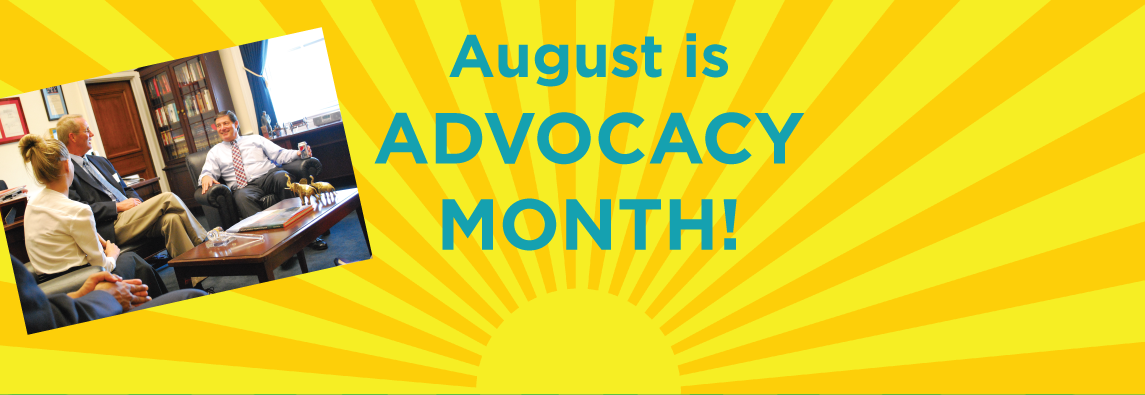

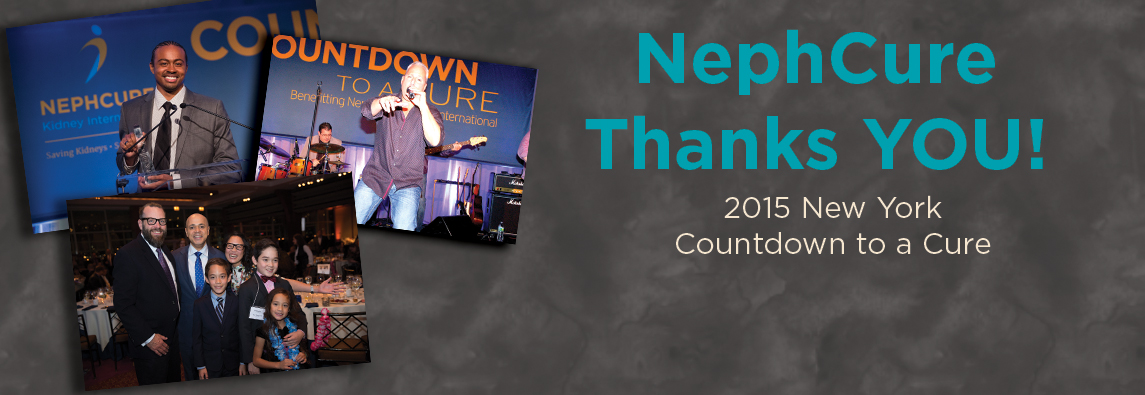
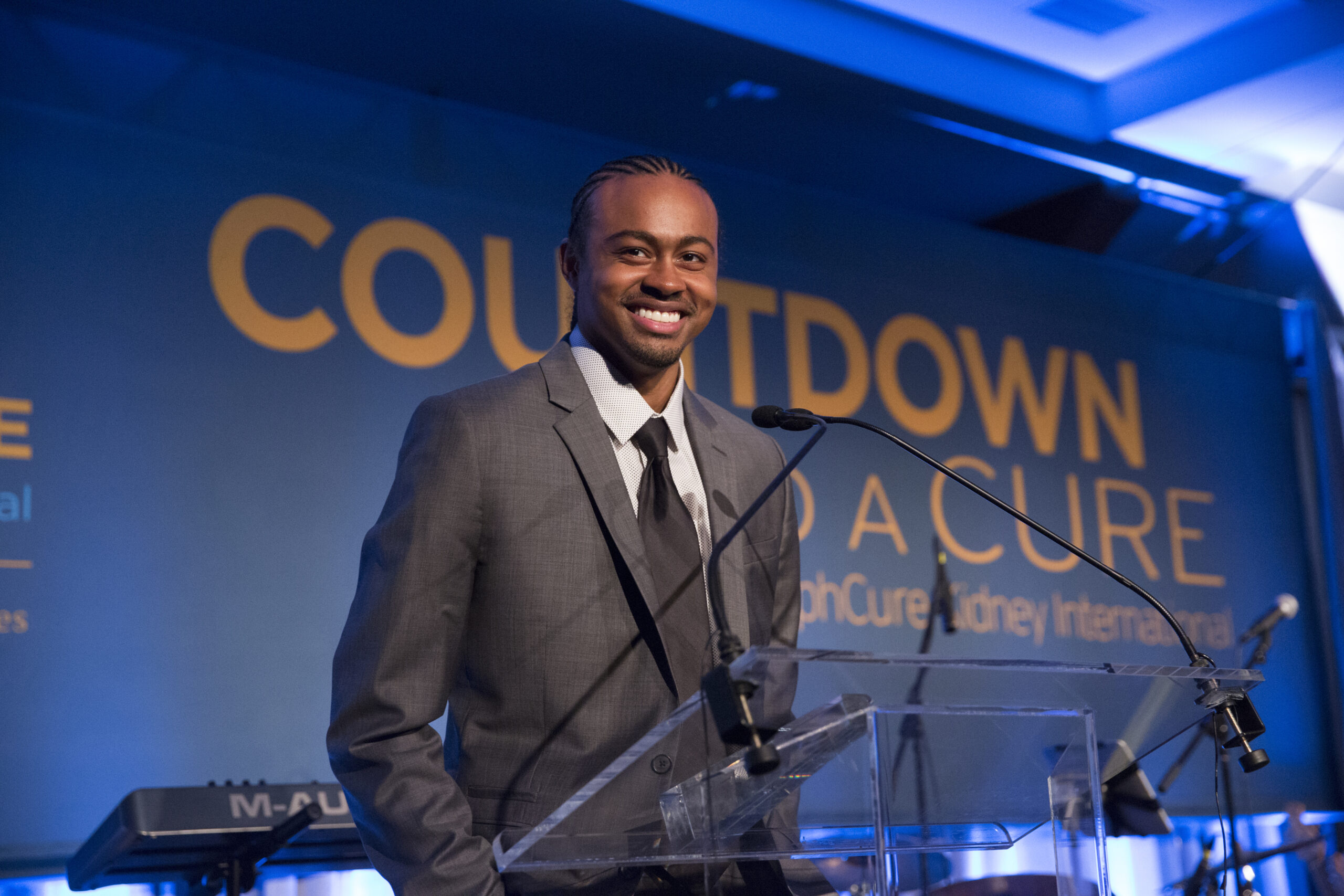 From the beautiful scenery of New York City’s Chelsea Piers, to the heartfelt speeches delivered by NephCure’s beloved family, the Jones’ and honoree, Olympic athlete Aries Merritt, this event was truly the “Chance of a Lifetime” to make a difference in the fight against Nephrotic Syndrome. The success of Countdown has always been measured by the generosity of the many hundreds in attendance who consistently show support for NephCure and this year, our expectations were overwhelmingly exceeded, for which we could not be more grateful. You are changing the story.
From the beautiful scenery of New York City’s Chelsea Piers, to the heartfelt speeches delivered by NephCure’s beloved family, the Jones’ and honoree, Olympic athlete Aries Merritt, this event was truly the “Chance of a Lifetime” to make a difference in the fight against Nephrotic Syndrome. The success of Countdown has always been measured by the generosity of the many hundreds in attendance who consistently show support for NephCure and this year, our expectations were overwhelmingly exceeded, for which we could not be more grateful. You are changing the story.